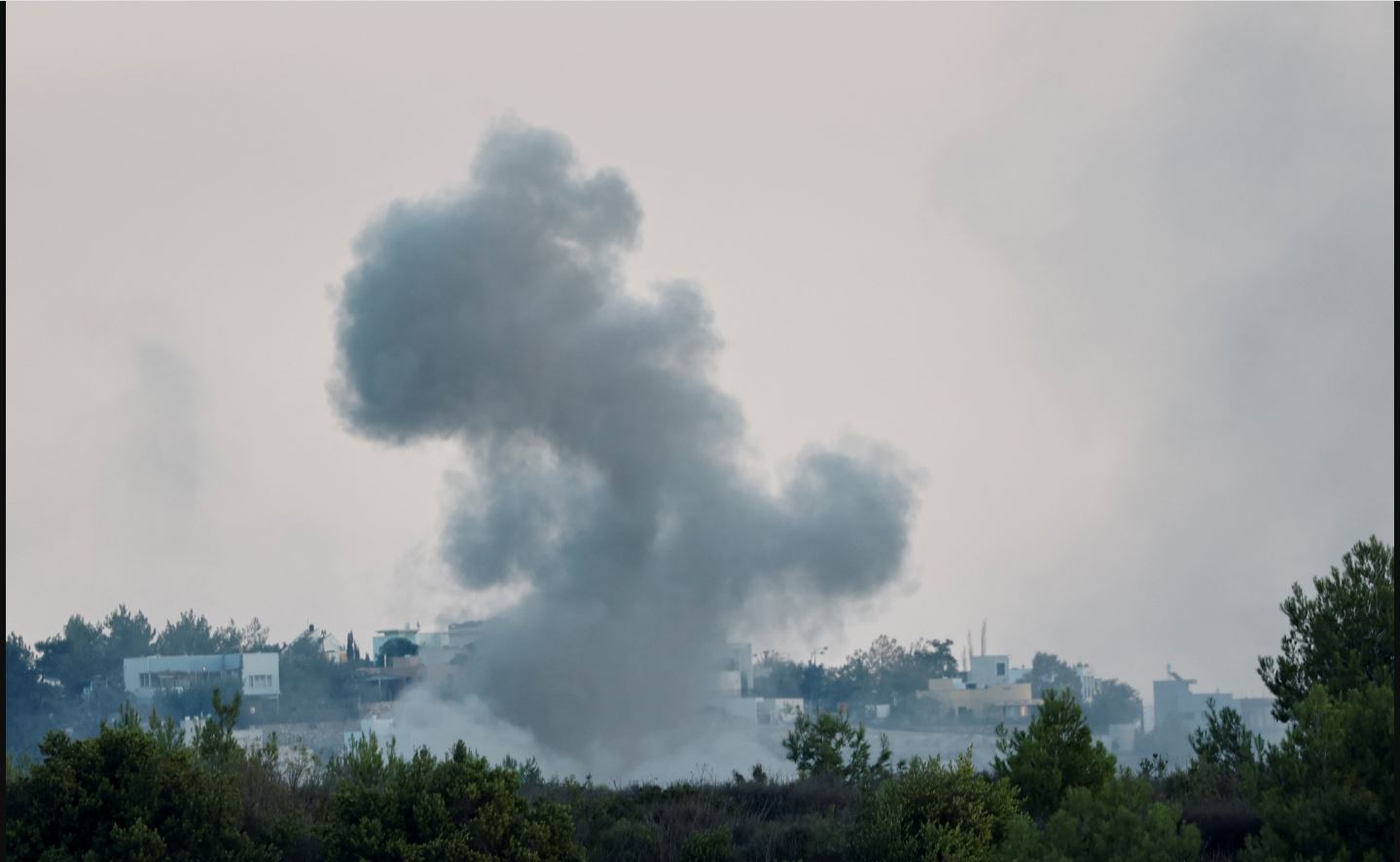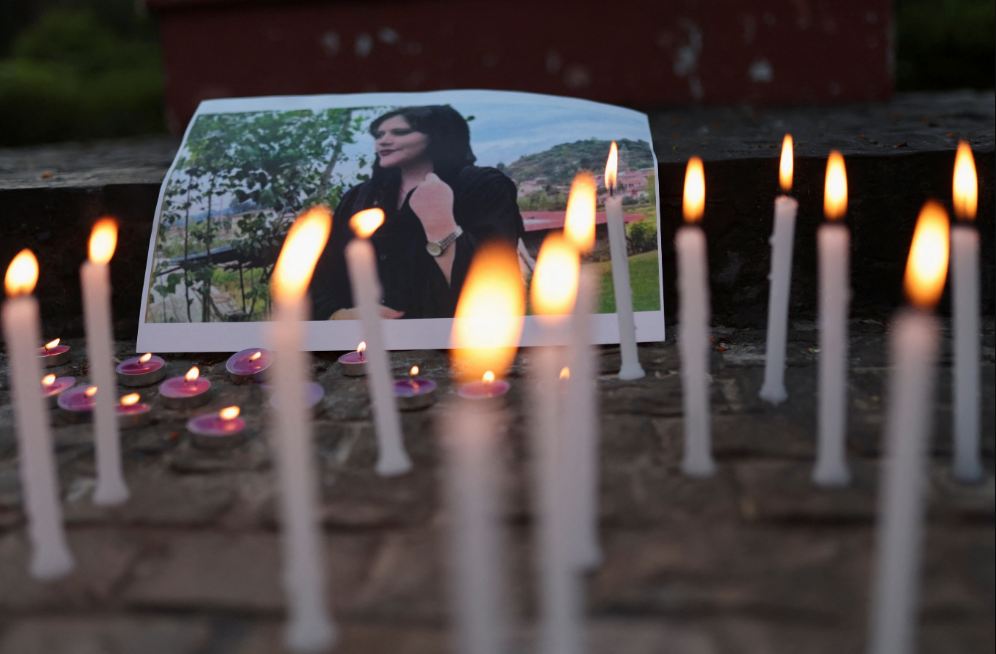Lebanon says fires destroy 40,000 olive trees, blames Israeli shelling
Beirut (Reuters) – Fires caused by Israeli shelling in south Lebanon have burned some 40,000 olive trees and torched hundreds of square km (miles) of land, dealing a serious blow to a major Lebanese crop, the agriculture minister said.
Fires on Lebanon’s side of the border have flared daily since the Iran-backed Lebanese Shi’ite group Hezbollah and Israel began exchanging fire last month after war between Israel and Gaza’s ruling Palestinian Islamist group Hamas erupted.
“Forty-thousand trees mean 40,000 histories. People are connected to olives spiritually. Our ancestors planted them, and we are losing them today,” Agriculture Minister Abbas Hajj Hassan told Reuters.
He accused Israel of starting the fires by using shells containing white phosphorous to destroy wooded areas which Hezbollah fighters – who began firing into Israel in support of Hamas in what has become the worst flare-up of border hostilities since a 2006 war – could use as cover.
The Israeli army denied the accusation and said the types of smoke-screen shell it uses do not contain white phosphorus.
“The smoke-screen shells containing white phosphorus in the (Israeli military) are not intended or used for setting fire, and any claim that these shells are used for that cause is baseless,” an army spokesperson said.
Agriculture ministry data showed some 130 fires, in 60 villages and their surroundings, have been recorded during the fighting. “These olives have not been harvested yet, meaning we lost the trees and the season,” Hajj Hassan said.
“They are throwing fire,” said Dory Farah, a farmer in the border village of Alma Alashaab. “We wouldn’t feel so sad if they were two- or three year-old trees. (But) we have olives trees that are 200 years old.”
Mohammad el Husseini of the south Lebanon farmers syndicate said the Lebanese government would not be able to compensate farmers for the losses, with the country four years into a devastating financial meltdown.
Lebanon’s agriculture ministry asked the U.N. Food and Agriculture Organization (FAO) on Tuesday for assistance to help affected farmers and in examining the soil to determine the extent of the damage, Hajj Hassan added.
Olive output covers more than 20% of farmland in Lebanon and provides income for more than 110,000 farmers and growers, accounting for 7% of agricultural GDP, according to U.N. data.



